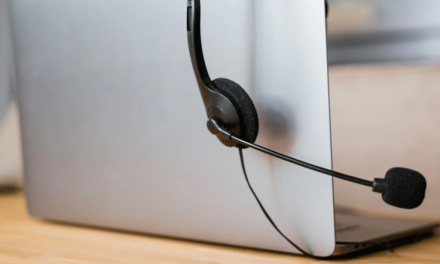
Online Security Tips Anyone Can Implement

Cyber threats are a real concern for everyone, so they aren’t only a problem that businesses need to think about. Individuals can also be at risk of being hacked or of falling victim to a phishing scam. Therefore, everyone needs to take steps to protect themselves as best as possible from online scams, viruses, and malware.
What are some of the steps you can take right away to immediately help boost your online security? Check out the information below to learn more.
Never Save Payment Information on a Website
If you are like a lot of people, you probably do a good amount of shopping online. It is super simple and convenient, and you can find some amazing deals online that you simply can’t get in stores. Plus, you can shop from brands that are found all over the country and world, so you aren’t only limited to shopping at stores that are in your local area. Unfortunately, though, there are risks that come with all of these perks.
To keep your payment information as safe as possible when you shop online, avoid saving your details on a website. While it might be a bit of a hassle needing to put your information in every time you check out, it may be a great way to prevent criminals from stealing your data if the store’s database is ever hacked.
Use Stronger Passwords
Sure, it can be tough remembering every password for every account you have created, so you might find yourself using the same password over and over again. But, think about it. Is this really a smart move? You probably know that, despite the convenience, it really isn’t a wise decision to use the same password. So, make it a point to use a different password for each account.
Also, make sure that your passwords are strong. Using a combination of lowercase and uppercase letters, symbols, and numbers can make it a lot harder for cyber criminals to crack your password, thus keeping your accounts and personal details much safer.
Increase Your Privacy Online
Another thing to consider is how much of your information is super easy to find online even without someone getting your password. For instance, are your social media accounts set to private, and do you only allow people you actually know to follow you? What kind of content are you posting to social media, and does it give away a lot of your personal information?
Also, there are people search websites, and one great example is Nuwber. These can make it easy to find information like addresses and phone numbers. If you’re fine with being listed on these types of websites so that long-lost relatives and friends will be able to get in touch with you if they miss you, that’s totally fine. But if you aren’t okay with your information being displayed on these sites, you can simply opt out to increase your privacy a bit.
Make Sure You Have Security Software
Finally, it is a great idea to invest in good quality security software for your computers, and maybe even for your mobile devices as well. Products that warn you about potentially dangerous websites before they load, that scan your system for threats and remove them, and that give you parental controls to help protect your kids when they’re online are certainly going to be helpful when it comes to your online security.
Overall, when it comes to online security, there are a lot of things you can do to protect yourself. Some steps, like the ones discussed above, are simple, as you can just make small changes to the way you do things online every day.



























